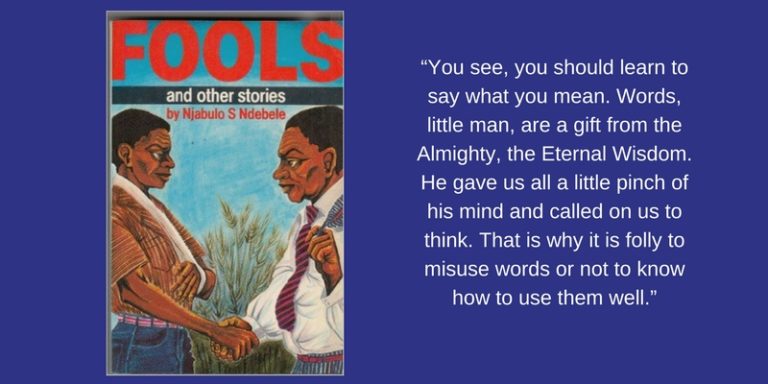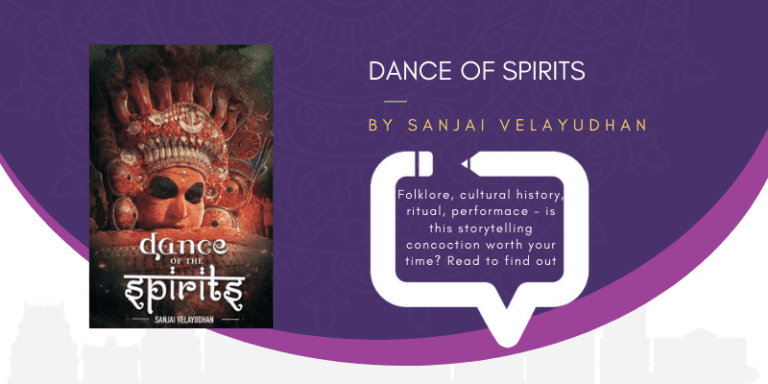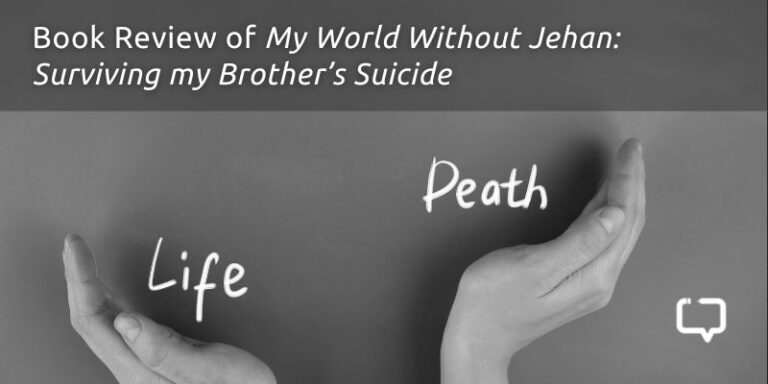The Dark Abode was originally written in Odia by Sarojini Sahoo, titled Gambhiri Ghara and translated into English by Mahendra Kumar Dash. Sarojini Sahoo, who is known for her revolutionary writings, feministic works and portrayal of bold sexuality, tries to emphasize the psychological issues of a middle-class woman in a symbolic manner in The Dark Abode. By representing the issues of one woman, she tries to generalize the problems faced by many homemakers, who are imprisoned, ignored and overlooked in their lives.
We encourage you to buy books from a local bookstore. If that is not possible, please use the links on the page and support us. Thank you.
Published by Indian Age Communication, The Dark Abode revolves around three characters; Kuki, her husband of several years Aniket, an IIT engineer, and Safiq.
Descent into darkness
Kuki is leading a happy life in Mumbai, conventionally speaking, with a loving husband who earns well, and their two lovely kids. However, nobody understands the conflict, the dilemma, the humiliation Kuki faces every day when her husband taunts her casually: “You only sit at home and watch Ekta Kapoor’s soap operas.”
Other instances reveal her misery to the reader; when she is taunted by her husband about how their son turned out or for his poor marks; “Like mother, like son.” As a result, Kuki constantly feels worthless. She wonders if this is the same man who fell in love with her all those years ago. What happened to that love?
The escape in the abode
Following her trail of art, Kuki begins an email correspondence with Pakistani artist Safiq and finds that there are two worlds where love can dwell – the real and the virtual. Safiq gradually appreciates her for her qualities and writes lovely poems for her. Every day she gets a flattering email from him that gives her the hope and enthusiasm that she needs, ascertaining that she too has a special existence of her own; where she is more than just tolerable.
There is a dichotomy created by the writer between the real world and the world of fantasy. The real world has its own doses of happiness, pain, sadness and suffering and the virtual world has fantasy and a sense of eternal satisfaction which never seems to run out. The small, restricted and depressing space Kuki had so far inhabited becomes colourful, filled with new energy and enthusiasm after Safiq enters her life. Though Safiq is never physically present, his larger-than-life image influences Kuki a lot.
Traditionally, women’s gendered role as homemakers has alienated them from the outside world. This is precisely what happens with Kuki, who immerses herself in another fantasy, which becomes her shelter from emotional turmoil. At the same time, this virtual world gives her sexual freedom, which is normally repressed in any so-called civil society.
Style and characters
Every writer has their own unique style of writing. The best part of Sahoo’s writing is that every chapter begins with the last lines of the previous chapter, emphasizing what she wants to highlight.
The novel brings the female character to the centre and talks about how love can encourage transnationalism and liberation in a global village that is digitally connected. There are three characters in the text; Kuki, her husband Aniket and Safiq.
Each is extremely real and relatable. The romantic fantasy element keeps the curiosity of the readers intact till the end.
While it begins with a third-person narrator, it shifts throughout the book giving each character a chance to speak their voice.
In the end, there is no absolute truth or meaning, no judgement or moral preaching. Just the story, the reader and their imagination.
Conclusion
The Dark Abode begins with “you are a fairy without wings.” This sets the tone of the novel, a woman is a fairy but does not have the wings of liberty and freedom. It is a timely critique of those whose idea of modernity is shallow and superfluous and highlights the hypocritical duality of man’s nature. The Dark Abode is a novel that everyone should read.
Favourite Quote:
If you are truly mine, I will put you on top of my most valuable goods, my antiques, my diamonds, my pearls and all my riches.
Suggestions:
Listen to this song from Pink























One Response
A very important read, loved the premise and loved the author’s style of beginning a new chapter with previous chapter’s last lines. Will want to read this sometime.